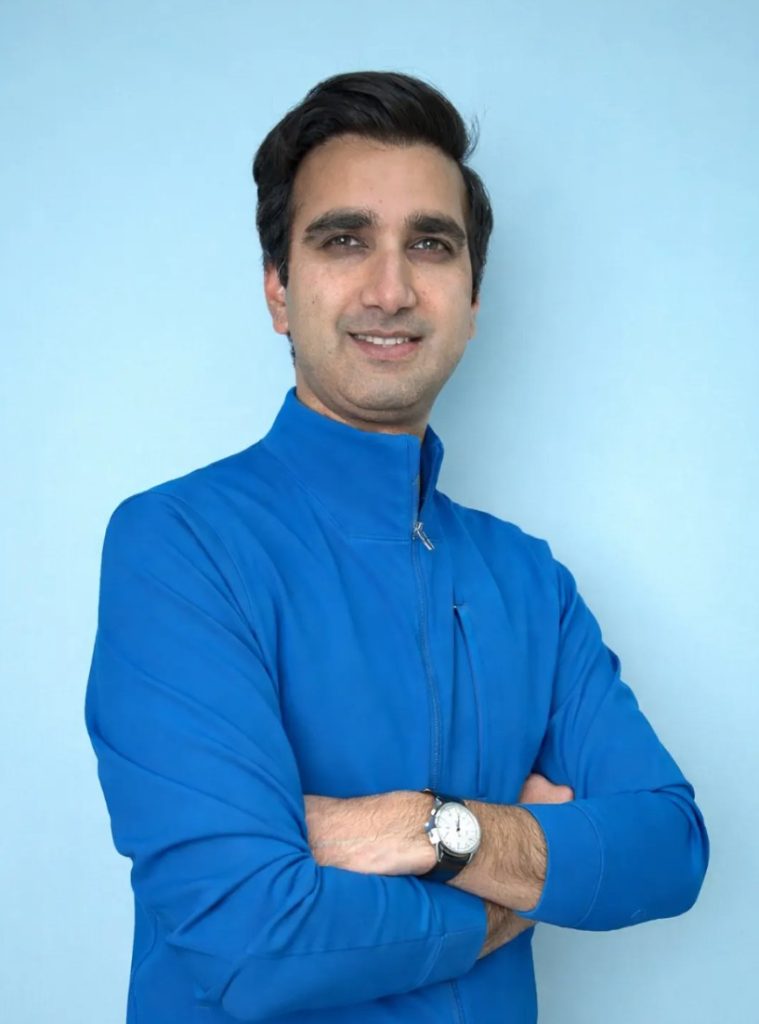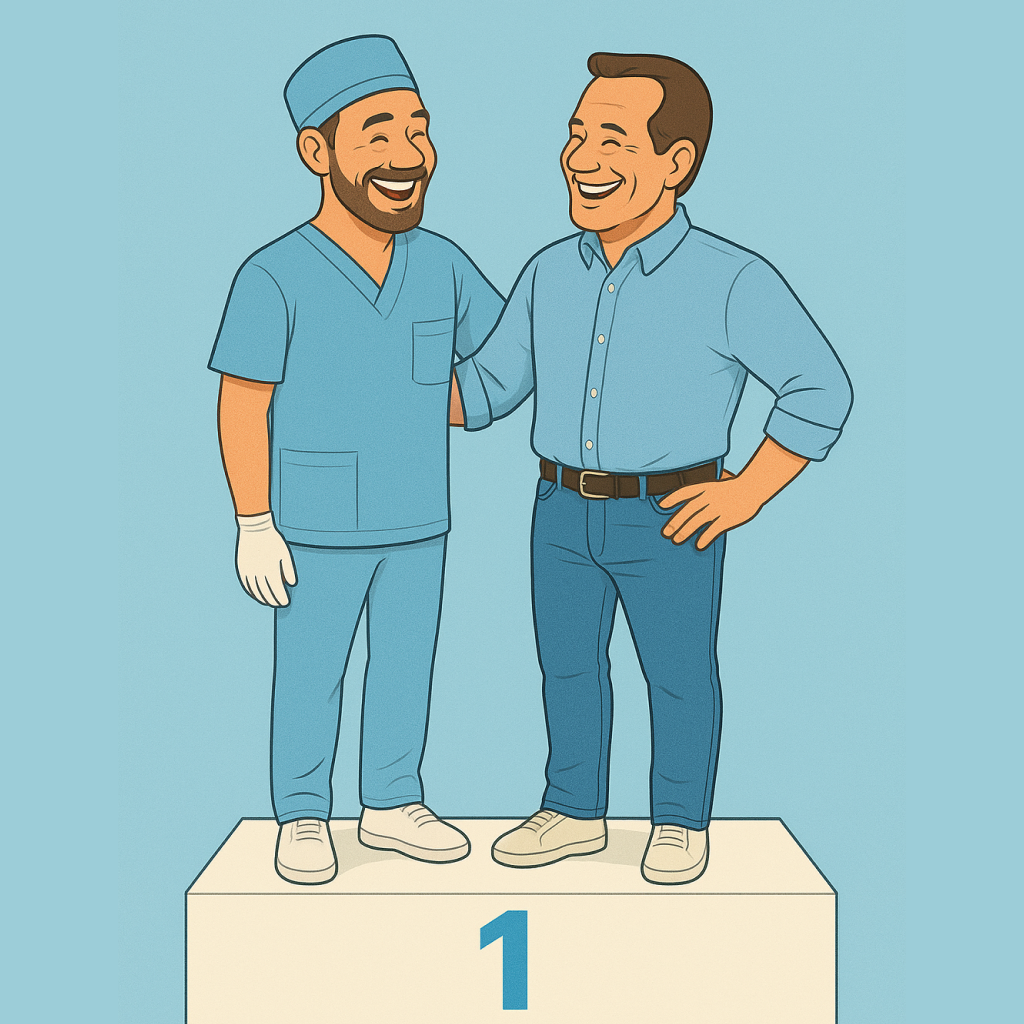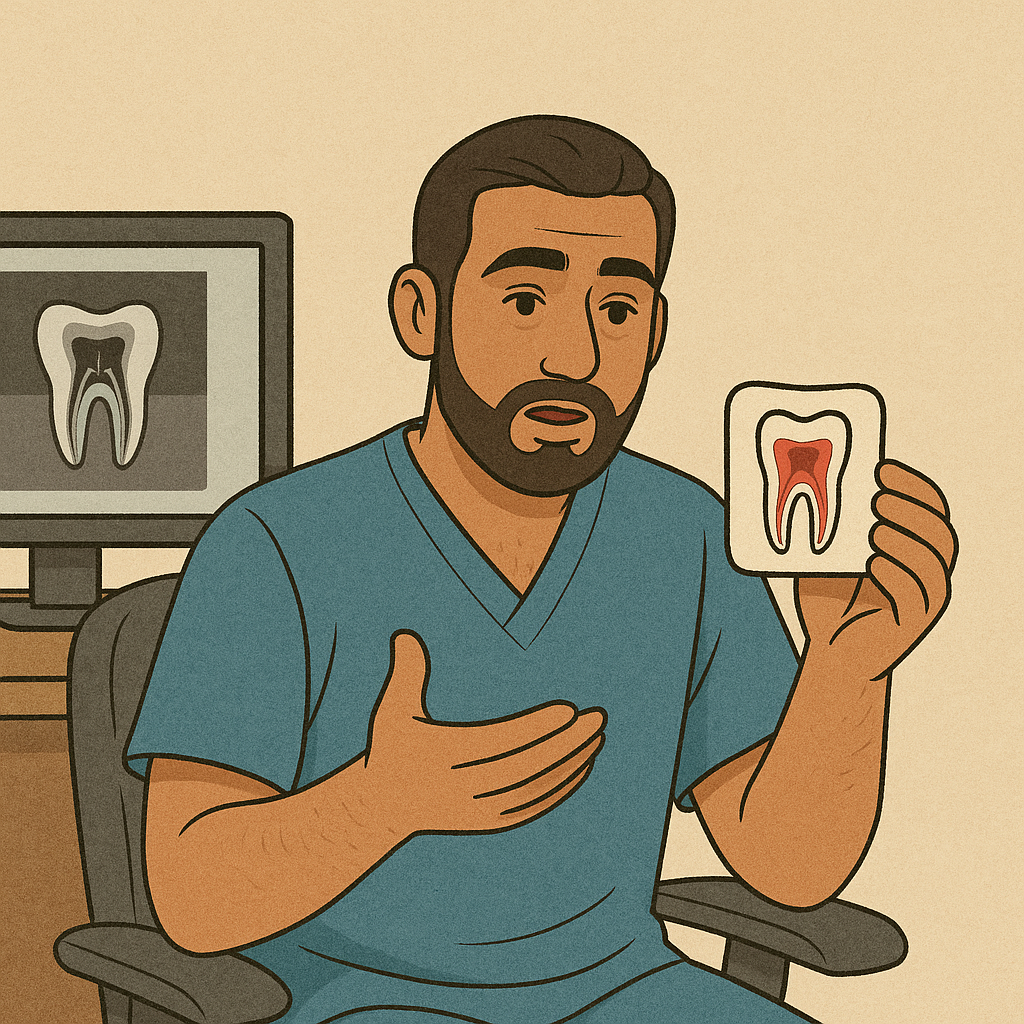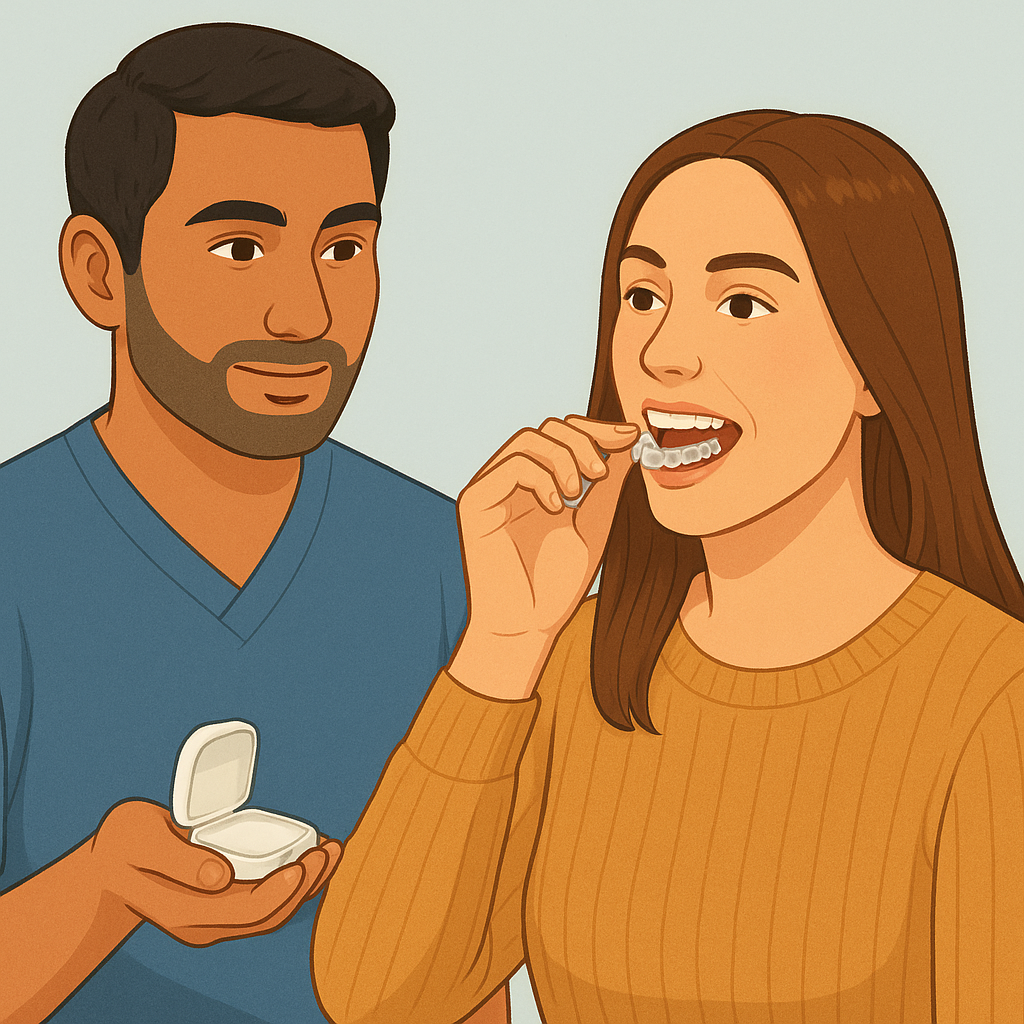What Is Splint Therapy and How Does It Work?
As dental specialists practicing in Abu Dhabi, we’ve encountered countless patients struggling with jaw pain, clicking, popping, tension headaches and even fractured teeth. These are all signs of temporomandibular joint (TMJ) strain. Splint therapy, commonly known as an occlusal guard or bite guard, is often the key to unlocking relief.
A splint (or occlusal guard) is a custom-made dental device, usually made of hard acrylic, designed to sit over either the upper or lower teeth. Its primary functions are:
- Re-distributing bite forces to reduce pressure on the joint
- Minimizing bruxism and clenching damage by separating teeth at night
- Guiding the jaw into a relaxed, optimal position during rest and sleep
Why Choose a Splint for TMJ Treatment in Abu Dhabi?
Targeted Jaw Pain Treatment in Abu Dhabi
When you wake with jaw soreness, tension, or morning headaches, it is often caused by bruxism at night. Our approach at True Smile is to use a night-time occlusal guard tailored to your bite. I have found this consistently alleviates jaw clenching, headaches, and muscular strain over several weeks.
Advanced Diagnostics via 3D Imaging
We begin with a full TMJ examination, including dental, muscle, and joint assessments, and 3D CBCT scanning if necessary. These allow us to determine whether you need a stabilization splint or a more specialized repositioning appliance. This ensures precise, personalized therapy.
Expat-Friendly and Premium Care on Al Reem Island
Our clinic is designed for international patients. English, Arabic, and Spanish speakers feel right at home here. We follow global best practices and local treatment protocols to deliver the best TMJ splint in Abu Dhabi.
Types of Splints. See What Is Right for You
Depending on your symptoms and anatomy, we may recommend the following:
- Stabilization Splints (Hard Acrylic). These are full-coverage night guards that protect teeth and encourage neuromuscular balance. Worn typically at night, they ease jaw strain without permanent bite changes.
- Anterior Bite Planes. These focus on preventing back‑teeth contact to stop clenching and grinding. Used short‑term to reduce stress on TMJs.
- Diagnostic or Repositioning Splints. These are used briefly to observe whether jaw repositioning improves disc clicking. They are not intended for long‑term wear.
- Soft Night Guards. These are more comfortable for severe bruxers or those with TMJ discomfort. They can help reduce muscular soreness, although effects may vary.
We avoid partial‑coverage splints like NTI unless diagnostic needs outweigh risks of tooth movement.
What to Expect. From First Fit to Follow‑Up
- Initial Consultation and Diagnosis
We review your medical and dental history, perform clinical tests, and may use CBCT or EMG studies to assess TMJ stress. - Splint Fabrication
We begin by taking accurate impressions of your teeth. Then, a custom-fit acrylic guard is carefully crafted in the lab to match your unique bite. - Fitting and Adjustment
At delivery, we check occlusion and fit, and ensure there is even contact. You will receive nighttime wear instructions. - Adjustment Period
Expect some adaptation. Minor tooth sensations or speech changes at first are normal and usually fade within days. - Therapy Monitoring
We schedule follow-ups at two weeks, six weeks, and twelve weeks. We reassess jaw mobility, joint sounds, pain levels, and splint wear patterns. - Completion or Tapering
When symptoms improve, we guide you to taper off usage and maintain muscle equilibrium with jaw exercises.
Why a Custom TMJ Splint Works Best
Clinical research supports the use of hard acrylic stabilization splints in reducing TMJ-related pain, particularly in patients with bruxism. These splints help redistribute pressure, protect the joints, and allow the muscles to recover during rest. Soft guards, while not suitable for all cases, have shown positive effects in younger individuals with muscle-dominant symptoms. When carefully planned, full-coverage stabilization guards are safe, effective, and fully reversible.
It is important to distinguish these from the generic night guards often sold in pharmacies. Over-the-counter boil-and-bite products tend to have poor fit and can create uneven bite forces. In some cases, they may worsen joint tension or lead to unwanted tooth movement. By contrast, a custom occlusal splint for jaw pain fabricated to your exact bite and monitored by a TMJ specialist offers precise alignment, long-term comfort, and clinically measurable relief. At True Smile, We ensure every splint is adjusted in person, with careful attention to balance, fit, and therapeutic outcome.
Common TMJ Symptoms Addressed by Splint Therapy
- Morning jaw stiffness
- Muffled tooth wear
- Cheek and facial muscle pain
- Headaches, especially in the temples or at the back of the head
- Jaw clicking or popping when opening
- Ear fullness or mild tinnitus linked to TMJ
- Sensitive teeth from overloading
These often stem from silent overnight clenching and bruxism, which a splint can help control.
Is Splint Therapy Right for You?
Splint therapy serves both as treatment and diagnostic tool. If your symptoms improve on a stabilization splint, we confirm bruxer-origin TMJ dysfunction. If disc-repositioning splints eliminate clicking or popping, a forward repositioning diagnosis is considered. However, these splints are only used short-term to avoid permanent bite change.
Importantly, this method is reversible. Once symptoms ease, we phase out the splint. No irreversible orthodontic changes are made, and the bite returns to its natural state.
Fit for the Best TMJ Dentist in Abu Dhabi
At True Smile, my credentials in gnathology and TMJ management are the foundation of our splint therapy. Al Reem Island patients praise our custom TMJ splint Abu Dhabi experience as comprehensive, warm, and effective.
We focus on:
- Personalized, evidence-informed splint design
- Gentle, empathetic communication tailored to expats
- Ongoing assessment to ensure breakthrough relief and not just temporary fixes
Cost and Insurance
Our standard TMJ splint Abu Dhabi package includes impressions, lab fabrication, adjustments, and three follow-up visits (at two, six, and twelve weeks). The full course of care is AED 2400. Many patients find that when jaw pain and night clenching subside, they can discontinue use after a few months.
Complementary TMJ Care
- Splint therapy is just one pillar in a holistic approach. At True Smile, we often combine splint use with:
- Follow-up imaging to confirm joint health progress
- Jaw stabilization exercises
- Stress management techniques including physiotherapy referral when needed
- Occlusal equilibration to fine-tune bite interference
- Night-time relaxation guidance to reduce parafunctional activity


























